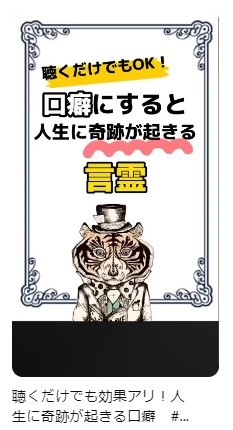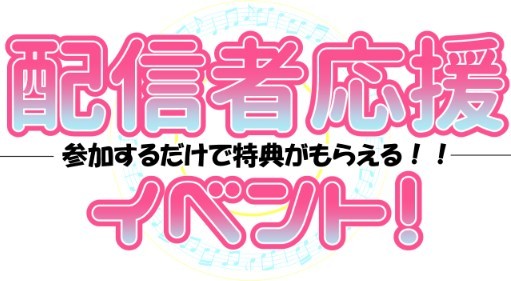だけで (dake de) Meaning Japanese Grammar - Just By
Anna Baffa Volpe
Get in touch with meThe espression だけで (dake de) means just by, just with, just doing.
In this expression we find the particle だけ that we studied in a previous post, with the meaning of only, just.
Now we add to だけ the particle で which gives the form a different meaning and nuance.
In this post we learn more about the meaning of だけで, how it is formed, and when だけで is used through real example sentences.
How だけで is formed
This expression is formed
- by the adverbial particle だけ meaning
only,at least,justand - by the particle で which generally describes the place where an action is performed or the means or instrument by which it is performed.
だけで expresses:
- only by that thing / action
- only through that thing / action
マンがだけで日本語を勉強しています。
I am studying Japanese using only manga.
あなたと会うだけで嬉しい。
I'm happy just meeting you.
With this expression, the verb can be in the past tense and in the negative form, but not in the polite form in ます.
The previous sentence can be translated using the past tense:
あなたと会っただけで嬉しい。
I'm happy just to have met you.
How and when to use だけで
だけで describes an action or a state that is only realised through another action or thing.
Only through action A does action or state B arise.
テレビニュースを見るだけで不安になる。
Just watching TV news makes me anxious.
- Action A: テレビニュースを見る: I watch Tv news.
- State B: 不安になる: I become anxious.
This sentence shows a structure widely used in Japanese:
- Noun + the particle に + the verb なる
become - 不安になる: to become uneasy, anxious
旅行に行くことを考えるだけで楽しい。
Just thinking about traveling makes me happy.
だけでいい + Noun
だけで combined with the adjective いい fine, good and followed by a noun, emphasizes the term だけ and translates:
- it is ok just
- it is fine just
- it is only needed
水だけでいい。
Just water is fine.
一人でいい。
It's okay to be alone.
The translation varies depending on the context:
- I am doing well on my own;
- I can do by myself;
- I can be alone;
- Only one person is needed.
Just imagining... from the Internet
0:00.00
-1:0-1.00
やめるだけで人生が好転すること7選。
7 things you can do to improve your life just by stopping doing them.

想像だけで描いてみた。
I just drew it from my imagination.
What was the challenge?
1円玉の模様は?ロゴの色は?あのマークは?
What is the pattern on the 1 yen coin? What is the color of the logo? What is that mark?
だけでも even only
だけで combined with the particle も meaning also, emphasises the preceding element.
- even the mere thing
- even the mere fact of

聞くだけでもOKです。口癖にすると人生に奇跡が起きる言霊。
Words that work miracles in your life, just by listening to them.
Examples of だけで
仕事があるだけで満足している。
I am satisfied with just having a job.
運動するだけで痩せた。
I lost wait just by exercising.
サンダルだけで走れない。
I can't run with just sandals.

参加するだけで特典がもらえる!
You can get bonus just for taking part!
Similar grammar points in Japanese 📚
~ていく
~ていく (teiku) Meaning Japanese Grammar - Keep Doing
てよかった
てよかった (te yokatta) Meaning Japanese Grammar - I'm Glad That...
それでもいい
それでもいい (soredemoii) Meaning Japanese Grammar - It's Fine
それでも
それでも (sore demo) Meaning Japanese Grammar - Still
させられる・せられる
させられる・せられる (saserareru serareru) Meaning Japanese Grammar - To Be Made To Do Something
ないで
ないで (naide) Meaning Japanese Grammar - Without Doing